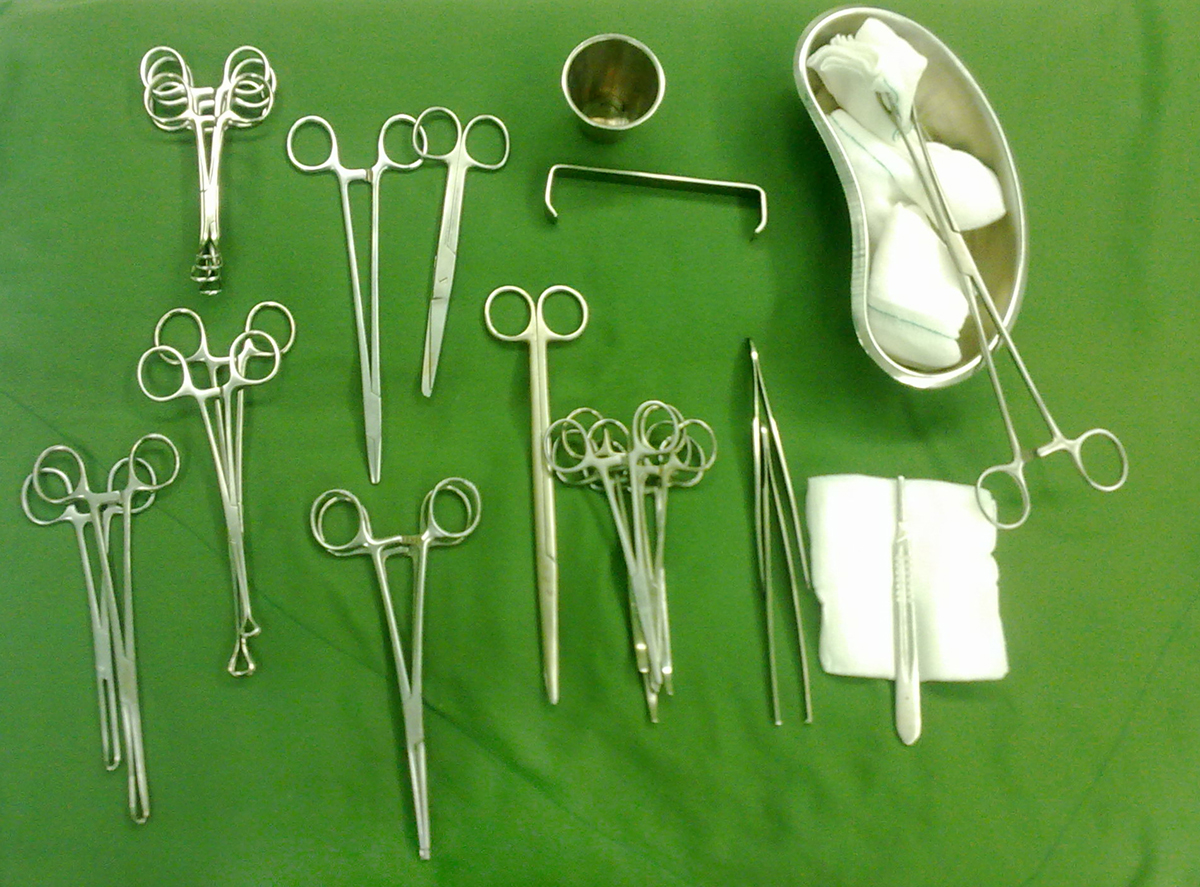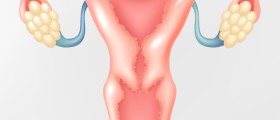
Tubal ligation is a surgical procedure during which the fallopian tubes are treated in such manner that prevents eggs from reaching the uterus. This way the process of fertilization is successfully prevented. The fallopian tubes may be clamped, sealed, blocked or severed. Tubal ligation is a permanent method of contraception (birth control). The very procedure can be easily performed after childbirth or even together with a C-section. Some women who have undergone tubal ligation have regrets regarding the procedure. Fortunately, the procedure is reversal but not effective in all cases.
Why is Tubal Ligation Performed? This procedure provides with permanent protection against unwanted pregnancy. This makes tubal ligation highly efficient means of contraception. The procedure is selective and performed only in women who chose not have any more children. The doctor will evaluate whether a woman can undergo tubal ligation. Some women are not operated due to a risk of certain complications. The risk is increased in obese women, those suffering from severe cardiac and pulmonary diseases, women with blood clotting problems and those who have internal abdominal scars. Furthermore, the surgery is contraindicated in women with pre-existing gynecological conditions such as irregular, abnormally heavy or prolonged periods. And finally, women who might want to become pregnant again are not suggested to undergo tubal ligation.
What are Risks and Side Effects of Tubal Ligation?
Tubal ligation represents a major surgery. It carries a risk of damage to the nearby organs such as the bowel, bladder or major blood vessels. The surgery also carries a risk of anesthesia. In some cases the wound and the nearby tissues may get infected. One more potential side effect of tubal ligation is prolonged pelvic or abdominal pain. The risk of some of the mentioned side effects increases in case the woman has already had pelvic or abdominal surgery or she has a history of pelvic inflammatory disease, obesity and diabetes.
Younger women may have problems with menstrual cycles after the surgery. In such cases some of them are recommended to undergo a tubal reversal. Post tubal ligation syndrome is a condition associated with ovarian isolation, hormonal imbalance and severe PMS (premenstrual syndrome). There may be several more symptoms. This is why women with severe PMS should thoroughly think about the surgery that may increase the pain during this period of the menstrual cycle.
Blockage of the tubes may cause a build-up of pressure during menstruation and subsequent pelvic pain. If the pain becomes unbearable, a women is suggested a tubal reversal surgery.
One more thing worth mentioning is that tubal ligation does not protect a woman from sexually transmitted infections.

















Your thoughts on this
Loading...